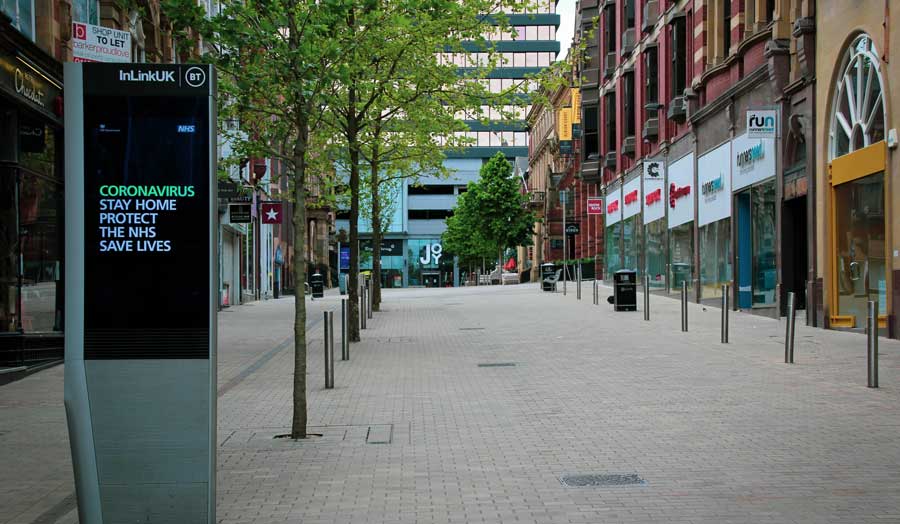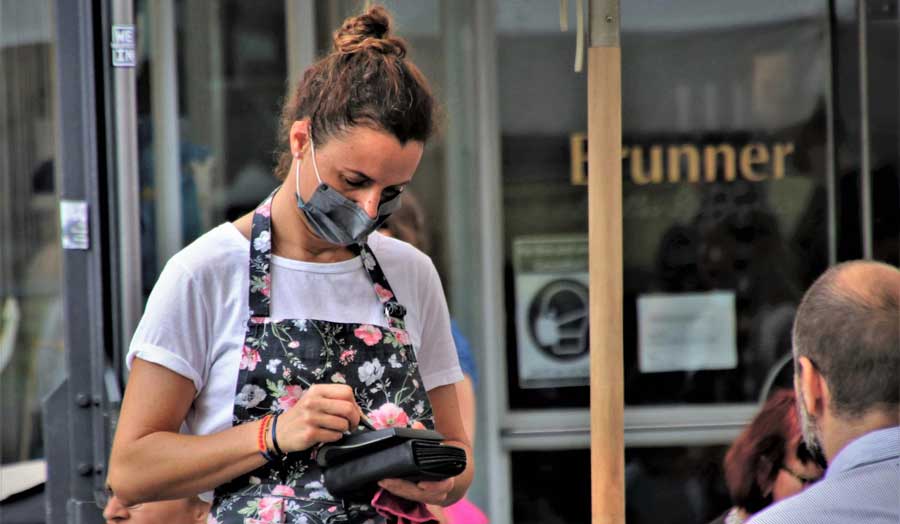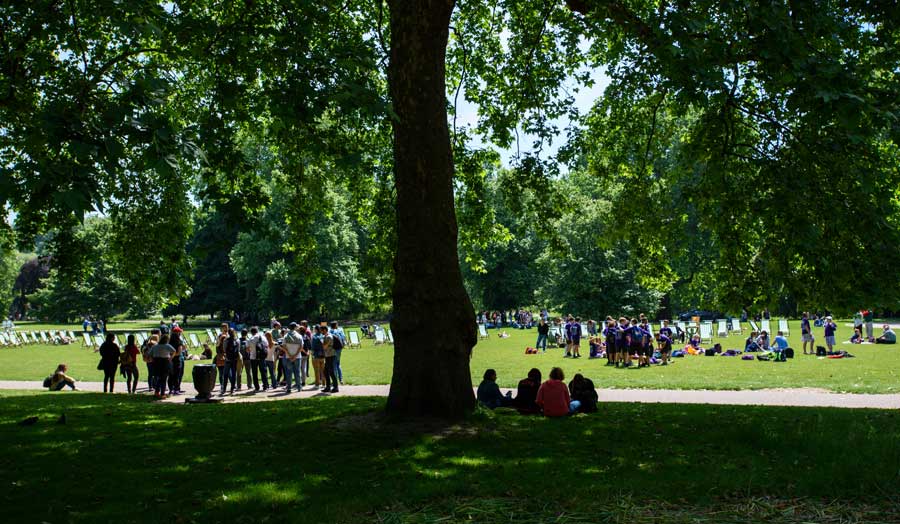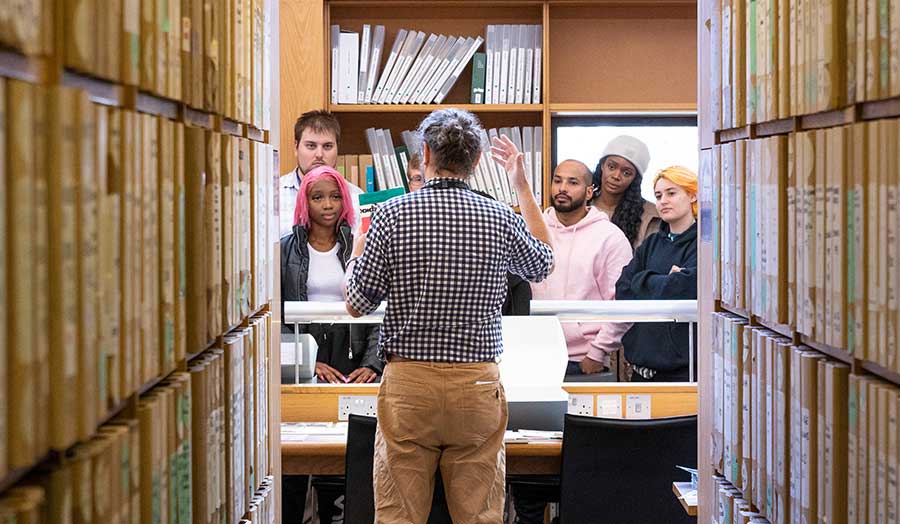4 May 2021
Firstly, the Covid-19 situation in the UK has changed dramatically since January 2021 when a third national lockdown was introduced due to rising numbers of cases of SARS-CoV-2 infection and the associated stress on the healthcare system. At that time, a major surge in cases fuelled by the new more transmissible B.1.1.7 variant had threatened to become uncontrollable – at its peak in late January it was thought that 1 in 50 people in the UK were infected.
The UK government created a roadmap to ease restrictions in the four UK countries from 8 March. Whilst they slightly differ in each region, in England, a four-step programme is underway and gradual lifting of restrictions has started to offer a route back to a more normal life. By 21 June it is hoped that all legal restrictions on social contact will be able to be lifted and that large gatherings and all businesses will be open as usual. Currently, many businesses have reopened, meetings between friends and families are allowed outside and the service industry is gearing up for relatively normal service indoors. Although the wearing of face masks inside and the one metre plus rule of social distancing remains in place, it is anticipated that these control measures will be relieved somewhat in late June and may not be compulsory in all settings. University teaching is mostly still online but for highly technical subjects a return to limited face-to-face teaching was allowed during March. It is planned that usual face-to-face teaching on campus, supplemented with online provision, will return for the beginning of the 2021-22 academic year.

Gary McLean, Professor of Molecular Immunology, London Met's School of Human Sciences
The Covid-19 pandemic in the UK is now under control despite the staggering number of 4.5 million infections reported (likely to be an underestimate) and the fifth largest death toll in the world. Right now, average daily new infections are still a little over 2,000 compared with approximately 900,000 globally. Fewer people are in hospital and deaths from Covid-19 have plummeted with many parts of the UK reporting no deaths in the month of April 2021. The success of the vaccination programme is one factor – nearly 50 million people have had jabs – but it is not the whole story. Virus testing is routine now with around 1.5 million done daily and people have risen to the challenge to suppress the virus by obeying the law: staying at home, getting tested, isolating when required and following the guidance of “hands, face, space” and “letting fresh air in”.
Whilst the situation in the UK is extremely encouraging, with low case numbers, few deaths and a generally positive outlook, we are taking a slow and careful approach to reopening of society and business. Many trial events of larger gatherings and events are taking place, coupled with extensive rapid testing for virus and very efficient vaccine rollout. The UK is now in a position to have in place a relatively normal summer period that should mirror pre-pandemic times. It is therefore hopeful that the autumn and return to university in September will also be similar to 2019 and before with the use of face protection and social distancing a largely personal choice.



.jpg)


